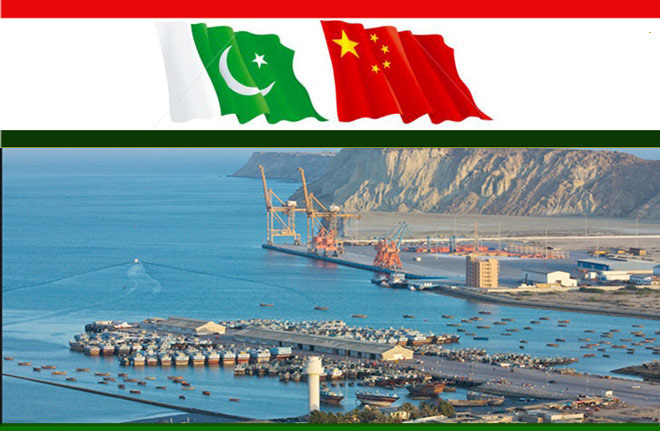BEIJING: China is considering more avenues to invest in Pakistan and other regional countries under the Belt and Road Initiative (BRI), officials said here on Sunday.
“We are seeking to bring various financial institutions, international enterprises and funding sources together to get projects rolling in economies involved in the Belt and Road Initiative,” said senior executives at Standard Chartered Bank (SCB).
“The National Development and Reform Commission has sent a clear message that China hopes outbound investments in Belt and Road projects will be commercialised, rather than having only Chinese companies and domestic policy banks involved and relying solely on money and manpower from China,” said the Standard Chartered China Head of Global Banking, Jean Lu.
“We are willing to cooperate and share our resources with other financial institutions to ensure they are able to provide one-stop financial services to their clients,” Lu said at a recent media briefing.
For the past eight to 10 years, investors have seen the entry of Chinese companies in the Middle East, North Africa and Pakistan in the most remarkable way. Today, Chinese companies and banks are playing an important role across the entire value chain in each country in the region, said the Standard Chartered co-head of Global Banking, Africa and the Middle East, Sarmad Lone.
“When greenfield industries start to set up (in this region), they will perhaps rely more on the support of their parent entities and Chinese banks. But the normal evolution curve says once the business has been set up, the capital expenditure is behind them, and regular business activities have started in the domestic economy, they will perhaps still use Chinese banks, but more so the local and international banks,” Lone said.
On a conservative calculation, the infrastructure gap that needs to be financed in Africa is around $95 billion a year, according to the Standard Chartered co-head of Global Banking, Africa and the Middle East, Saif Malik.
“The Belt and Road Initiative fits well into that need, not just on the traditional belt, which is on the east coast of Africa. The Chinese investment has touched many other parts of sub-Saharan Africa,” Malik said.
Standard Chartered has fully fledged branches in 15 markets in sub-Saharan Africa. In the majority of those markets, the bank has been operating for more than 100 years, he noted.
The Belt and Road Initiative has led to a strengthening of trading relationships that China has with Egypt and countries on the east coast of Africa, said the bank’s chief economist for Africa and the Middle East, Razia Khan.
In 2005, total aggregate trade between China and Africa had grown tenfold from the mid-1990s to about $40 billion. At the peak of the cycle in 2014, when commodity prices were still strong, China-Africa trade increased to around $220 billion. Since then, commodity prices have corrected, but Khan said she expects that with the stabilisation of commodity prices, China-Africa trade will continue to grow strongly.
Since the downturn in commodity prices, the ranking of the top trading partners for China in Africa has changed. The top trading partners used to be those selling a lot of commodities to China. Now, those importing a lot from China are increasingly dominating the ranking list, she noted.
“Perhaps this demonstrates that in China, the views of Africa are that this is a commodity-rich region and a place from where China can buy the commodities it needs. Increasingly, as African economies grow, and as their middle-income group is swelling, they will be the source of considerably more demand from China than has been the case to date.”




